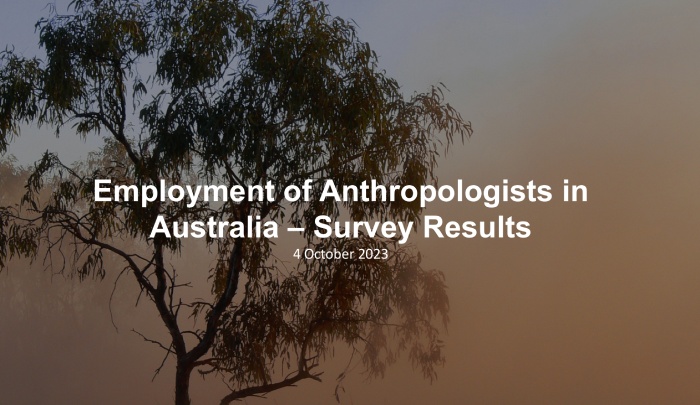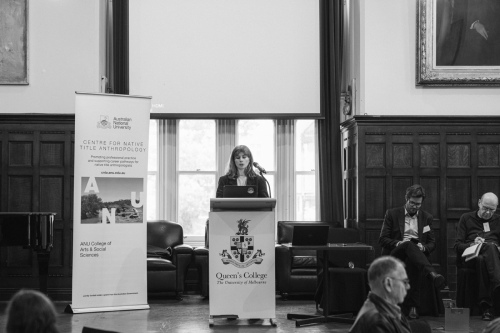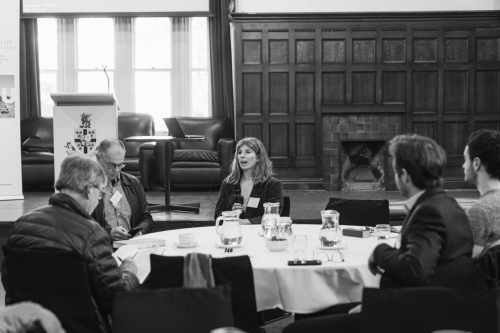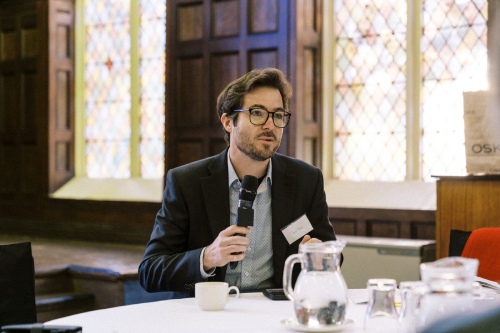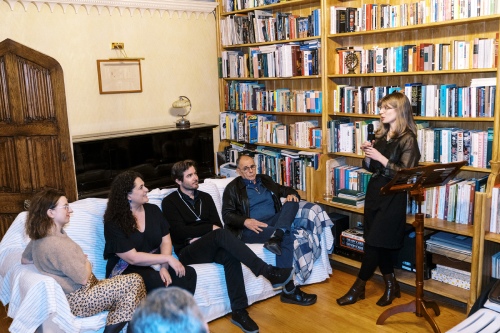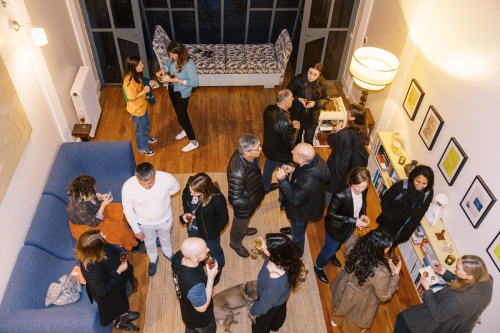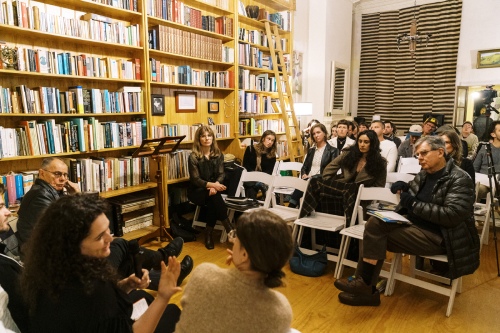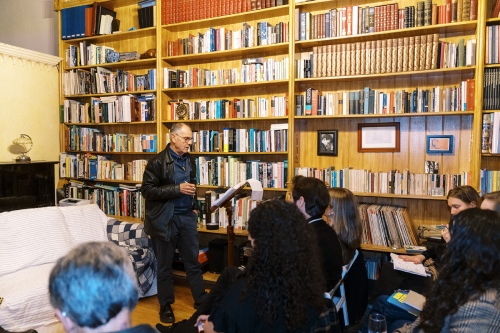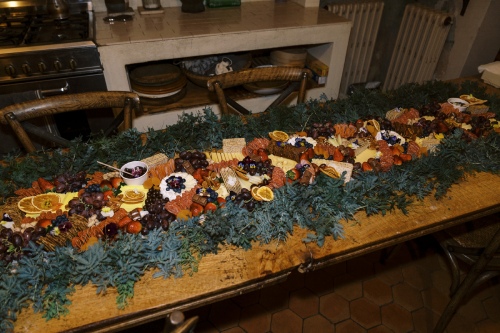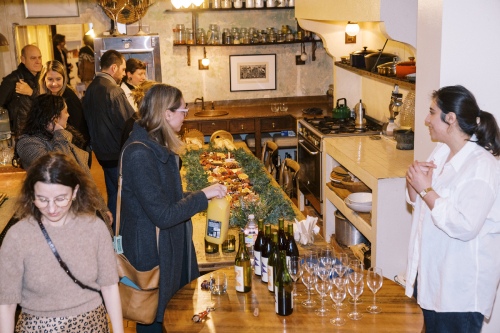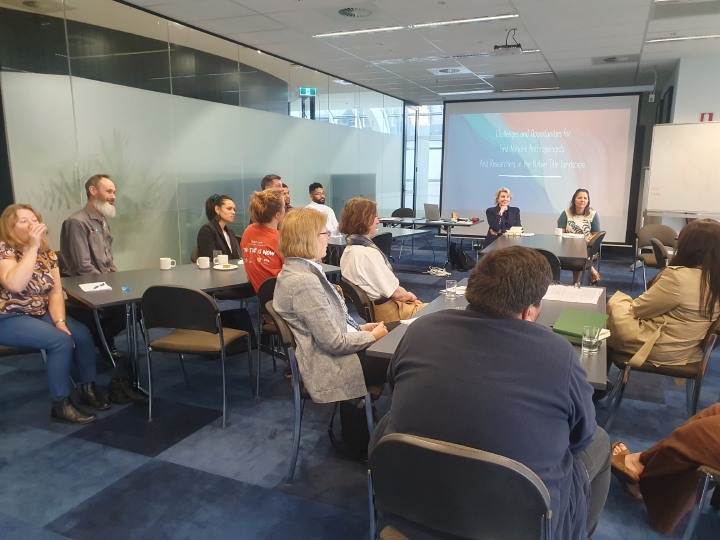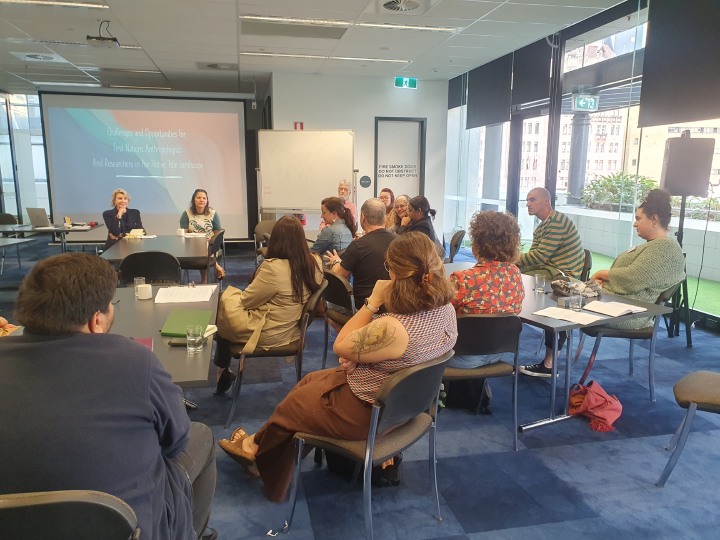The program for the event is available below:
Challenges and Opportunities for First Nations Anthropologists and Researchers in the Native Title Landscape.
29-30 August 2023
Venue: Christie Conference Spaces, Brisbane
ROOM 1, level 3 240 Queen Street. Access to the building is provided from 8am onwards.
Aim of the workshop: This workshop is the first of its kind offered by CNTA. We hope it provides a space for First Nations anthropologists working in the various domains of native title to meet colleagues and begin a network of professional connections.
The program seeks to touch on the various arenas involved in native title applied anthropology, such as research and preparation of native title determination reports, court work, the postdetermination space/phase, and return of materials, cultural mapping etc.
8.30-9.00 Coffee and registration
9.00-9.45 Introductions: Tahnee (CYLC) and Petronella (Director CNTA)
Who are you? How long have you been working in this field and in what role(s)
9.45- 10.30 Tahnee Innes: Managing relationships and challenges in NTRBs/NTSPs/land councils in attracting and retaining First Nations Anthropologists/researchers
10.30-11.00 Morning tea
11.45-12.30 Research Managers join the workshop: recruitment and retention challenges.
12.30-1.30 Joint lunch
1.30-2.00 Michael Aird, (UQ Anthropology Museum): What photographs can tell us.
This presentation will follow Michael Aird’s journey of working with Aboriginal photographs for over 35 years and how he has been able to attach information to photographs. Many of the photographs were taken at a time when Indigenous people were only valued for the stereotypical image, they represented, rather than as people with individual identities worthy of being recorded.
It is important to Indigenous people to identify who appears in photographs. This has enabled descendants to build family histories that connect people to place and country. From photographs, genealogical information has been sourced that forms important evidentiary grounding for native title claims.
2.30-3.00 First Nations Anthropologists. Open Discussion session (Facilitated by Tahnee and Petronella) Your experiences: what rewards, risks, and difficulties participants have you experienced as an Indigenous anthropologist?
3.00-3.30 Afternoon tea
3.30-4.15 Petronella Vaarzon-Morel: Review of key issues from today’s discussion
Joint Workshop Dinner at the Pancake Manor – 18 Charlotte Street Brisbane. 7.00pm
Day 2
9.00-9.30 Ivan Ingram: Registrar in the Federal Court of Australia. Expert Witnesses in native title
applications.
9.30-10.30 Carmen Cooms-Delaney (QSNTS): Working at the coal face as a First Nations
Engagement Advisor
10.30-11.00 Morning tea
11.00-11.30 Suzi Hutchings (RMIT): Treading lightly, but strong: reflections on being a First Nations
native title anthropologist.
11.30-12.00 Amanda Gamble and Sandez Barnard (NNTT) Assistance under s 60AAA of the NTA, and
the role of applied anthropology.
12.00 -12.30 Working collaboratively- two illustrations.
Trish Barnard (former curator QLD Museum. The NTRBS and Land Council’s role as “depository”
(genealogies, photos, storage/management of materials, access issues).
David Martin (consultant) Collaborative planning for development: a methodology for the Arnhem
Highway upgrade
12.30-12.45 Wrap Up by Tahnee: Next Steps?
12.45 Lunch
End of Workshop
References for follow up reading are also available (see download/attachment).
Click here for references for CNTA First Nations Native Title Workshop

